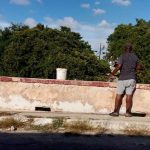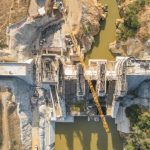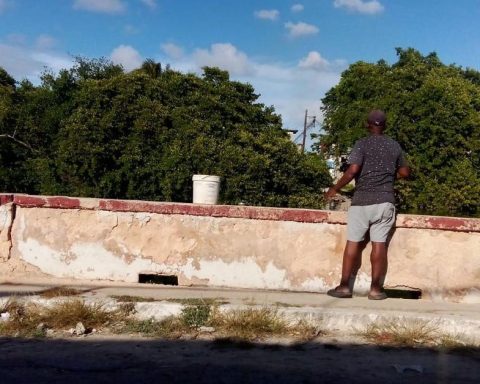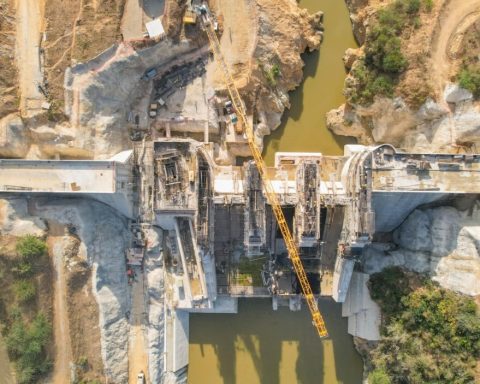After the United Nations (UN) Human Rights Council renewed for two years the investigative mandate for Nicaragua in the context of the 2018 repression, human rights defenders celebrated this extension to continue denouncing Daniel Ortega y Rosario Murillo.
In a virtual press conference, organized by the 462 Collective —made up of more than 20 human rights organizations—, Raphael Viana, from the International Service for Human Rights, described the extension of the Group of Experts to Nicaragua as a “historic and exceptional moment”. .
Related news: UN reinforces mission to investigate the Ortega regime
Viana recalled that it is the second time in the history of the Human Rights Council that an investigative mandate on a country has been extended for two years. “This exceptionality not only reflects the seriousness of the situation in Nicaragua, but also the constancy of the deterioration of the crisis in the long term since 2018 and the growing isolation of the Government —of Daniel Ortega— from the international community.”
He stressed that the continuity of the Ghren (for its acronym in English) is also due to the coordinated effort of Nicaraguan and international civil society “who worked hand in hand to achieve this objective.”
He also stressed that this new resolution enjoys greater support than in its previous version, which in his view “is very rare in this Human Rights Council, which had 21 votes in favor and five against and 21 abstentions.”
«A great surprise has been greater regional support, since two countries close to the Nicaraguan government that had opposed last year’s resolution, and that had been Honduras and Bolivia in particular, this year decided to abstain, which is a sign quite clear policy, which again reflects seriousness,” he added.
Two more years to continue investigating Ortega
For her part, Nicaraguan human rights defender Alejandra Salazar, a member of the Legal Defense Unit (UDJ), thanked “the support for the demand for respect for our human rights and the effort to democratize our country to promote this resolution . In addition, we thank the countries that collaborated and supported its approval, “she said.
Related news: UN experts assure that Ortega can be tried by the International Criminal Court
According to the defender, the renovation of the Ghren is an opportunity to continue deepening the investigation of the facts, as well as the crimes against humanity, “their perpetrators and the chains of command.”
“These two years allow us to continue documenting what is happening, especially in a country that is still living in repression and that we have not managed to get out of the dictatorial regime in which our country is subjected,” he stressed.
He also pointed out that the resolution reflects the lack of will and cooperation of the Ortega and Murillo administration in the face of the commitments assumed, “on the contrary, it has undermined the institutionality of our country and fostered a climate of impunity through the lack of accountability and of independent, transparent and impartial investigations of the events that occurred in 2018, as well as the exile and stripping of nationality of opponents.
For Amaru Ruiz, from Fundación el Río, the renewal of the Group of Experts establishes new categories of investigation around the violation of human rights in Nicaragua.
Related news: UN experts affirm that behind the crimes against humanity in Nicaragua are Ortega and Murillo
He emphasized that in the approved resolution the situation of indigenous and Afro-descendant peoples was mentioned at least 12 times, “and how concern is particularly shown, especially around the situation of murders, displacements and conflict that is taking place on the Caribbean Coast and Nicaragua.”
“For us and for the work of civil society, this is essential because it not only includes indigenous peoples, but also the situation of women, the vulnerability that exists and violence against women.”
State of Nicaragua does not stop the repression
Gonzalo Carrión, from the Nicaragua Nunca Más Human Rights Collective, remarked that this resolution was given in a context where the State of Nicaragua had to cease its repression.
«All the contents of the concerns discussed in the Human Rights Council, the State of Nicaragua did not give any signal (…) and what we heard today from Nicaragua was of total ignorance, which is the same speech of almost five years now “, said.
He denounced that as a Human Rights Collective they are aware of how the Nicaraguan dictatorship has been committing more grievances and damage to the more than 300 Nicaraguans stripped of their nationality more than a month ago.
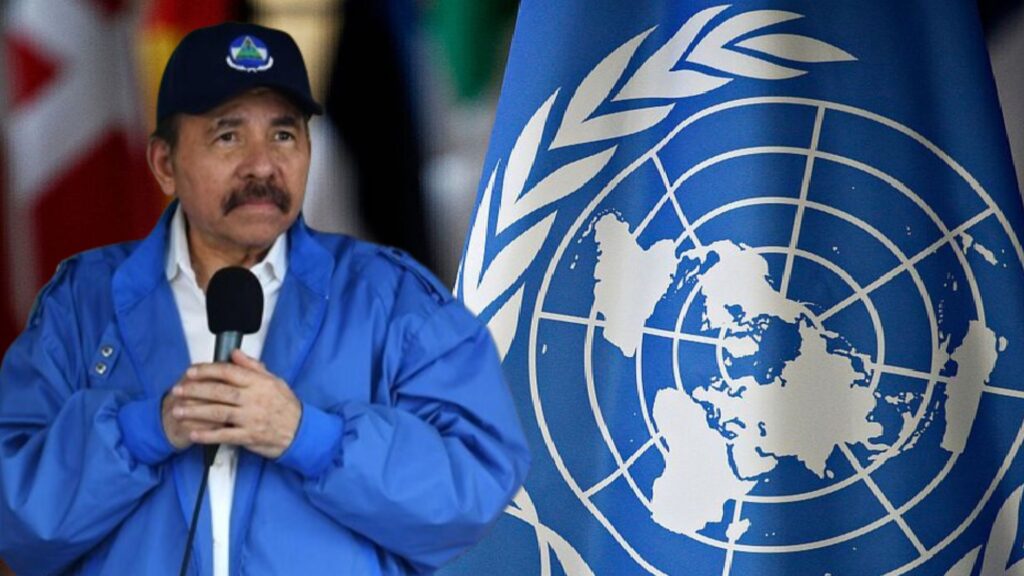
“There is a blockade of pensions for people who already received them, the complete erasure of our rights as if we did not exist or were not born in the country. This is a subject to deepen because it also has other consequences for families, since their assets are expropriated.
In the vote this Monday, 21 members of the Council voted in favor, five against (Algeria, China, Cuba, Eritrea and Vietnam) and 21 abstained.
The resolution condemned in the “strongest terms” the government’s decision to expel 222 imprisoned opponents in February and strip them of their nationality.









